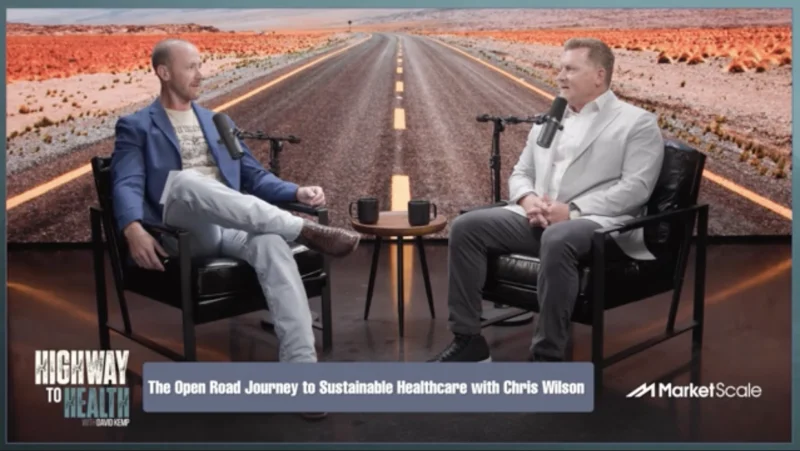Understanding Virtual Care for the Acute Setting: Driving Access, Efficiency, and Better Patient Outcomes
As healthcare systems face increasing challenges—ranging from provider shortages to rising costs—the adoption of virtual care is accelerating. Acute care settings, in particular, have benefited from virtual care innovations, which have reshaped how hospitals deliver critical services. A recent study highlights that telemedicine improves chronic condition management, decreases hospital admissions, and boosts patient outcomes, particularly in emergency care.
How does virtual care fit into the fabric of today’s healthcare systems, and what role will it play in the future?
In this episode of Highway to Health, host David Kemp delves into this question with Dr. Chris Gallagher, the CEO of Access TeleCare. Together, they explore how acute telehealth is transforming healthcare delivery, particularly in rural and urban hospitals, by improving access, quality, and financial sustainability.
Key Discussion Points:
- Expanding Access in Rural and Urban Areas: How virtual care bridges service gaps in hospitals lacking specialized resources, from infectious diseases to critical care.
- Improving Timeliness and Patient Outcomes: Why virtual models are pivotal in ensuring timely care and how they enhance patient experiences and outcomes.
- Addressing Staffing and Financial Challenges: How telehealth offers a cost-effective alternative to locum staffing and reduces patient transfers while supporting hospital revenue.
Dr. Chris Gallagher, MD, FACC, is the CEO of Access TeleCare, where he leads innovations in specialty telemedicine, expanding access to high-quality, patient-centered care across the U.S. With over a decade of clinical and executive leadership experience, he has driven advancements in healthcare technology, improved patient outcomes, and influenced telehealth policy. As a cardiologist and healthcare innovator, Dr. Gallagher has successfully scaled telemedicine platforms, ensuring timely and effective care for millions while advocating for equitable and sustainable healthcare delivery.
Article written by MarketScale.




